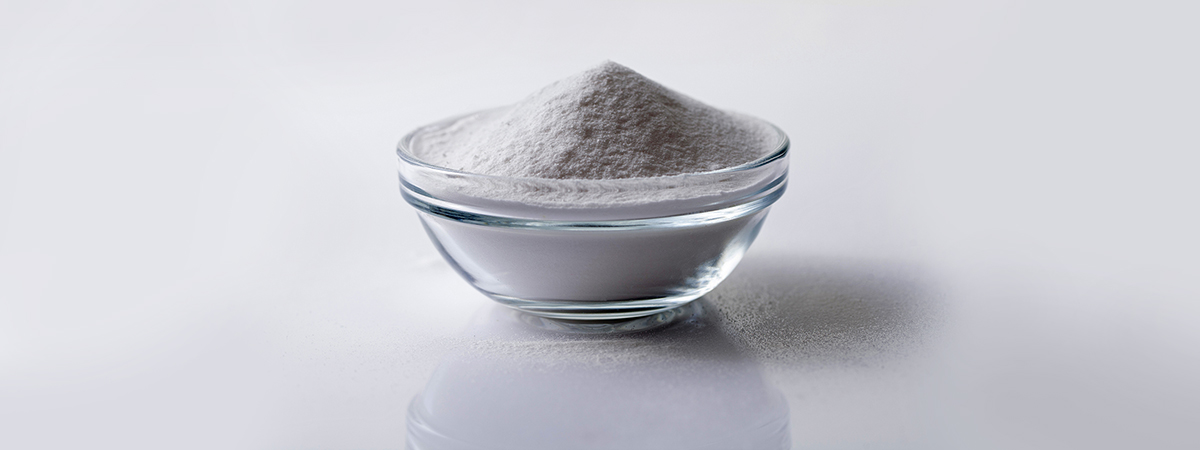
Calcium propionate is a naturally occurring organic salt also known as E282 formed by a reaction between calcium hydroxide and propionic acid. It’s commonly used as a food additive in Bakery Products, Dairy products, Processed meat and Animal feed.
Why Use Calcium Propionate?
Bread : It works to extend the shelf life of bread by preventing mold and ropy bread bacteria growth.
Feed : Calcium propionate also function as a mold inhibitor and treat milk fever for swine, ruminant (horses and cattle’s), poultry, fish, pet and other animal feed which are necessity.
Milk Fever : It’s a disorder that mainly occurs in dairy cows. The absorption of calcium will be reduced and excretion will be increased after calving, resulting in the calcium concentration below 5.0 mg/dl in the blood which will lead to milk fever and accompanies body function disorder. Thus its an active ingredient to treat milk Fever.
Uses Dosage :
Common usage level of Calcium Propionate is 0.1 to 0.5% varies on products.
Storage Conditions :
Keep in a closely tight container and Store in a cool, dry, ventilated area.
Handling Conditions :
Avoid direct contact with sunlight, skin and eye.
Packaging Details :
25 Kg LDPE Bags
General Specifications :
| Sr. No | Parameter | Specification |
|---|---|---|
| 1 | Appearance | Fine Powder/ Agglomerate |
| 2 | Color | White To Off White |
| 3 | Odour | Faint Propionic Acid |
| 4 | pH | 6.0 - 9.0 |
| 5 | Moisture /Water Content (%w/w)** | Maximum 4% |
| 7 | Purity (%w/w) On Dried Basis | Minimum 98% |
| 8 | Density | 0.500 - 0.700 g/cc |
| 9 | Iron (Fe) | Maximum 100 ppm |
| 10 | Lead (Pb) | Maximum 30 ppm |
| 11 | Arsenic (As) | Maximum 2 ppm |
| 12 | Cadmium (Cd) | Maximum 2 ppm |
| 13 | Mercury (Hg) | Maximum 2 ppm |
| 14 | Fluoride (F-) | Maximum 30 ppm |
